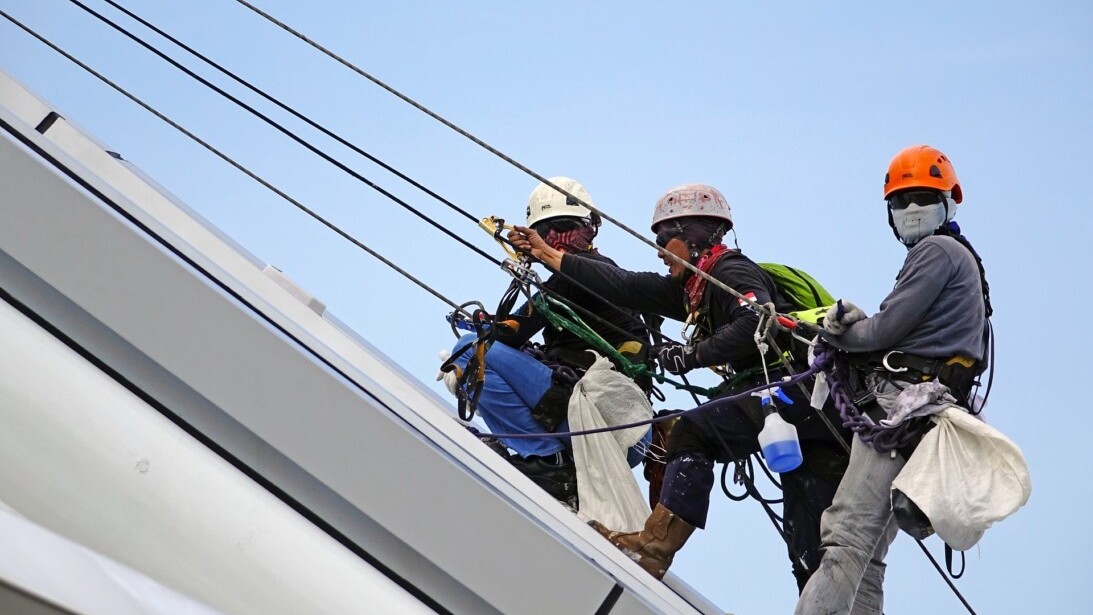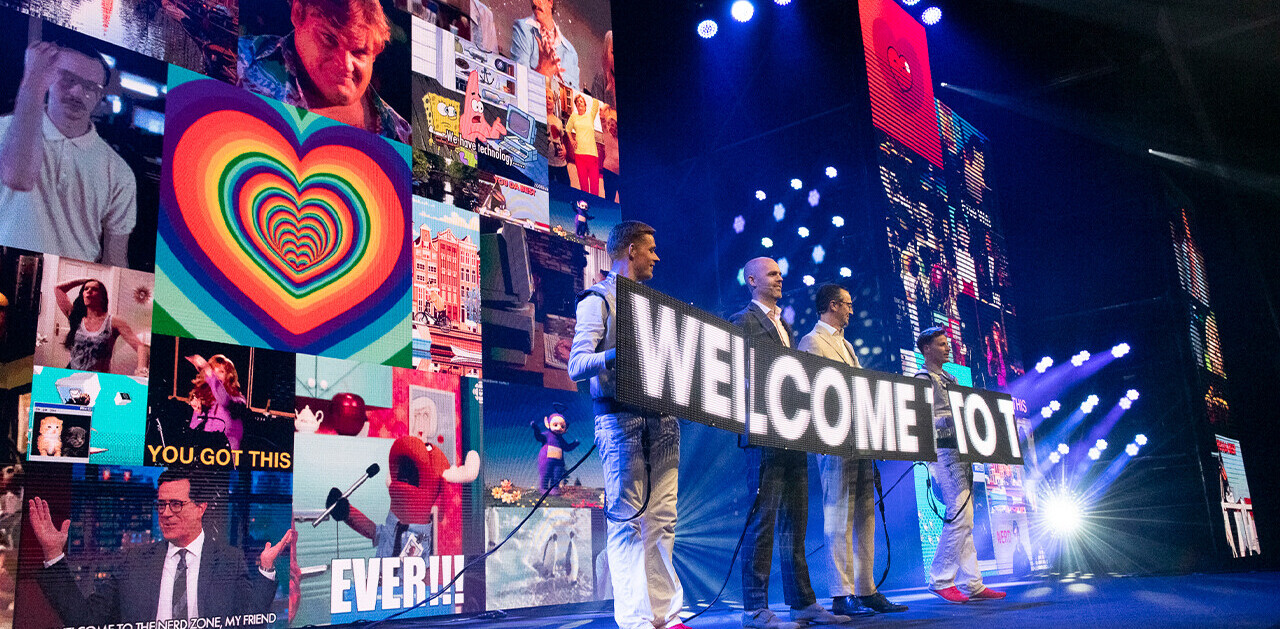
When we talk about innovation, the safety industry isn’t always the first that comes to mind. However, with the amount of technological progress taking shape on a daily basis, this is actually one of the fastest moving fields out. Yes, the safety industry is about to get a major facelift with innovative technologies at the forefront.
If you’ve been keeping up with any of the major technological changes in the past couple years, many of these applications are directly applied to the safety industry. Sectors like AI, Machine Learning, E-Learning, and Wearable Tech are quickly adapting to the shifting field, setting an example for the rest of the tech world to what’s up next. And luckily for you, we’ve compiled a list of how these changes are making an impact.
AI and Machine Learning
Perhaps one of the most talked about and recognized changes coming to the world of safety is with AI and Machine Learning. As so many folks feel as though the majority of our factories are going to replace humans with robots much sooner than expected, the AI/Machine Learning revolution is hitting the industrial sector with full force.
Much like how the sensors in a car can tell you that there’s something wrong with your engine, Automated Machine Learning is reinventing the way that factory machinery is operating. Its system requires little to no human interaction in detecting errors, meaning the equipment will identify and notify the owner of any anomalies, such as overheating, loose parts, etc. This allows for preventive maintenance and repairs, which can be a huge time and money saver later on down the road. And with these increases in technology, the work environment becomes much safer as well.
As most of us know, accidents in the workplace are incredibly expensive. After all, there are the factors of worker’s compensation, possible paid time off, turnover, and loss productivity. In yet, AI and Machine Learning stand a chance at ending a vast majority of that given that injuries due to faulty equipment will be a thing of the past. However, beyond just the improvements in our machinery, training is improving to make injuries less prone too.
Better Training Modules
With the rise of e-learning platforms coming along, properly training employees shouldn’t just be a part of the onboarding process but should serve as an absolutely vital component to ongoing workplace safety. Whether it’s acquiring the skills to work in the industrial sector or even at a marketing firm, taking the proper steps to increasing an employee’s knowledge base will save a tremendous amount of time and money down the road.
Not only will all your employees be on the same page for both federal and company-based regulations, but training modules will provide a platform to hold everyone accountable, as well. A comprehensive approach reduces the risk of liability as it provides a level of transparency between the employer and employee on what guidelines and procedures are in place for safety. Additionally, this also provides an accessible reference point to properly guide workers through the channels and steps necessary to complete a task.
As a piece of technology that’s been steadily growing for years, the improvements in training modules will spark a new era of safety for years to come.
Wearable Technologies
As we’ve seen the popularity of wearables like FitBit and SmartWatches grow in consumer popularity, their impact is also edging into the safety industry, as well. These innovations are not only making the workplace more productive, but also safer.. Take companies like Spot-R, a wearable company that provides devices to connect job sites, keep track of injuries in real time, and even sends out safety/project alerts. There are also firms like Upskill, which provides augmented reality glasses for construction and industrial work.
While this industry is heavily dependent on how fast we implement programs like robotics and machine learning, expect these to have an immediate impact in the near future, especially as these programs start synthesizing together. For example, a sensor could alert someone that a machine is going to fail soon if it’s not fixed, with augmented reality stepping in to walk that person through the repair process. With the numerous amount of applications available, expect this technology to start making a significant impact sooner than you think.
Get the TNW newsletter
Get the most important tech news in your inbox each week.





